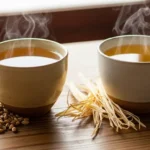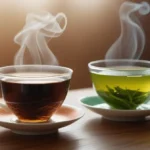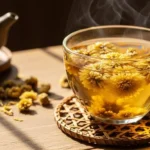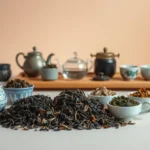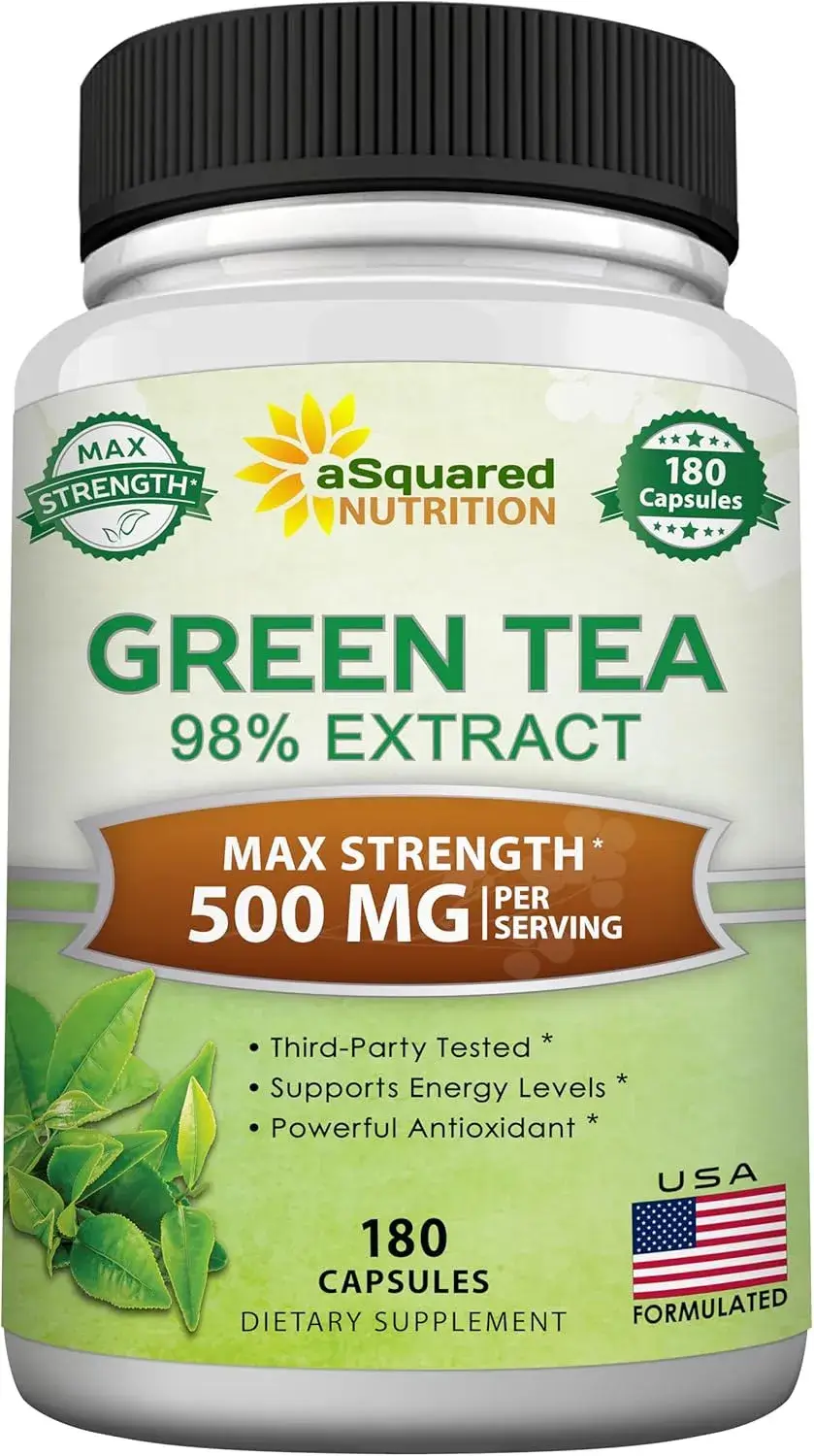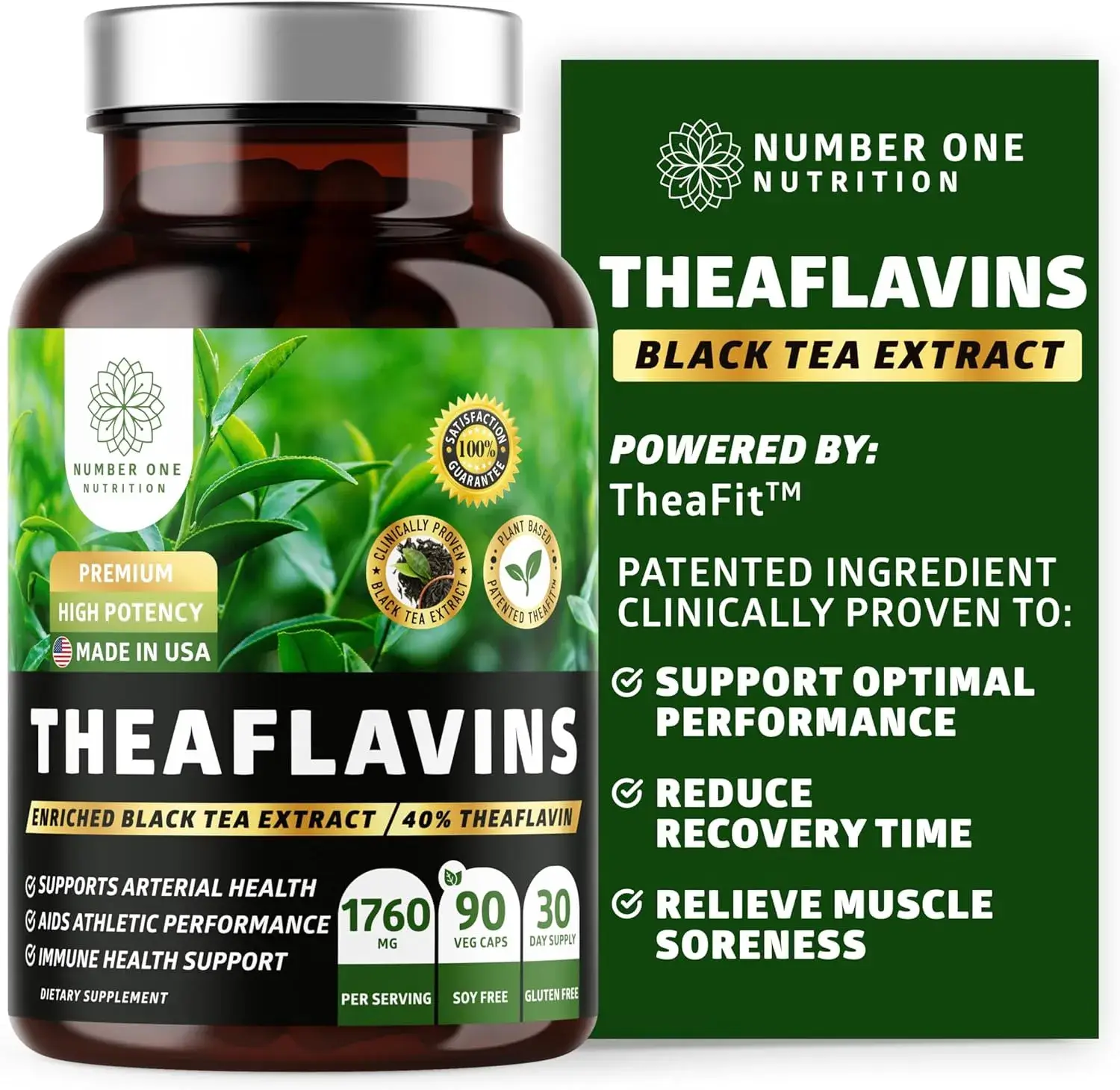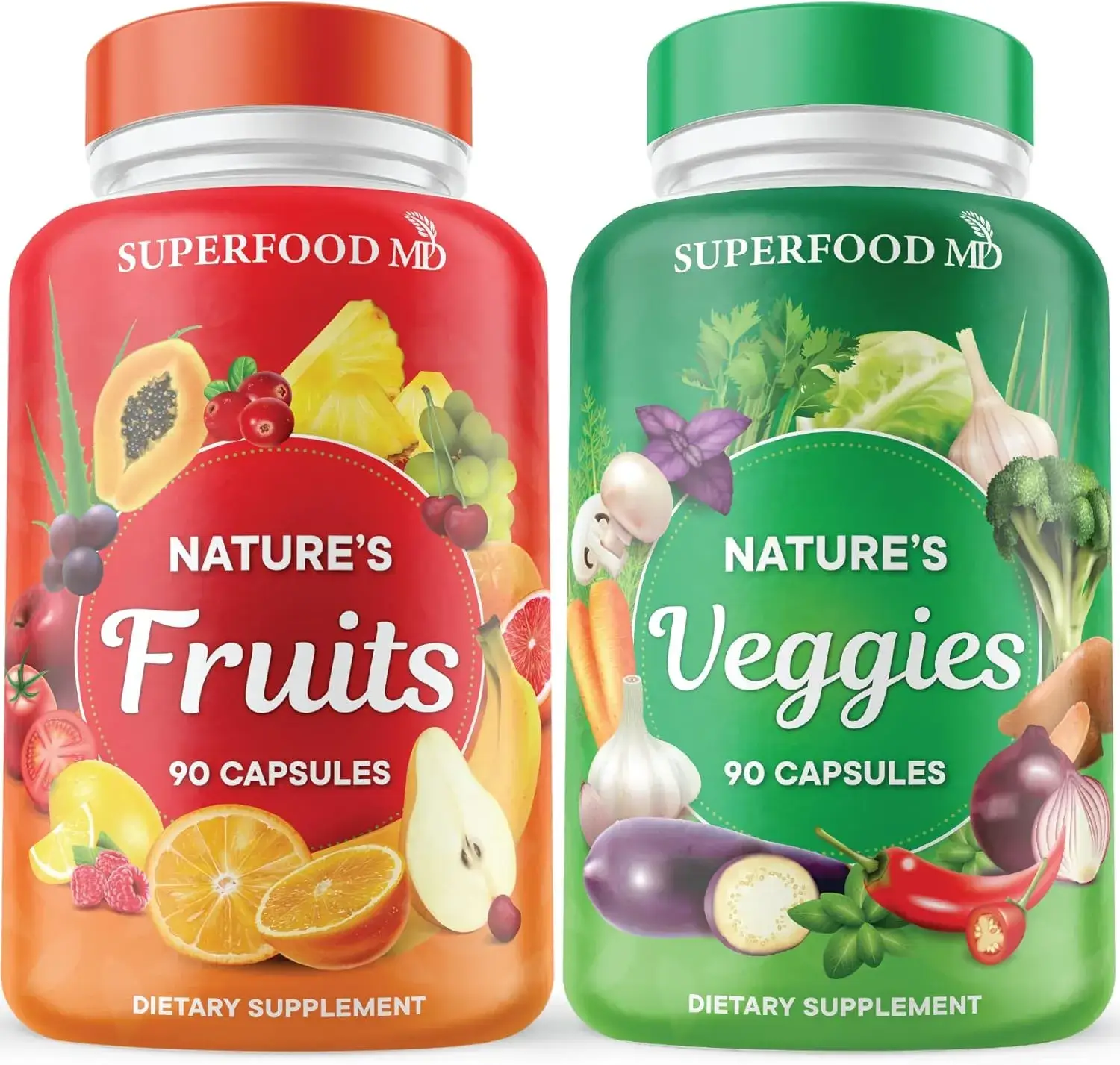Table of Contents
So, you’ve probably seen those pretty chrysanthemum flowers around, maybe even in a teacup. People have been drinking chrysanthemum tea for ages, especially in China, because they believe it’s good for you. It’s made from the flowers, not tea leaves, and has a light, flowery taste. But like anything, it’s worth knowing both the good stuff and the not-so-good stuff before you start sipping it regularly. We’re going to break down the chrysanthemum tea benefits and side effects.
Key Takeaways
- Chrysanthemum tea is made from dried chrysanthemum flowers, not tea leaves, and is naturally caffeine-free.
- It’s traditionally used in Chinese medicine and may offer benefits like antioxidant and anti-inflammatory properties, though scientific backing for some claims is limited.
- Potential side effects include allergic reactions, skin irritation, and increased sensitivity to sunlight.
- It’s important to be cautious if you have allergies to plants in the daisy family or are taking certain medications.
- Always talk to a healthcare provider before using chrysanthemum tea for medicinal purposes, especially if you have existing health conditions or are pregnant or nursing.
Understanding Chrysanthemum Tea
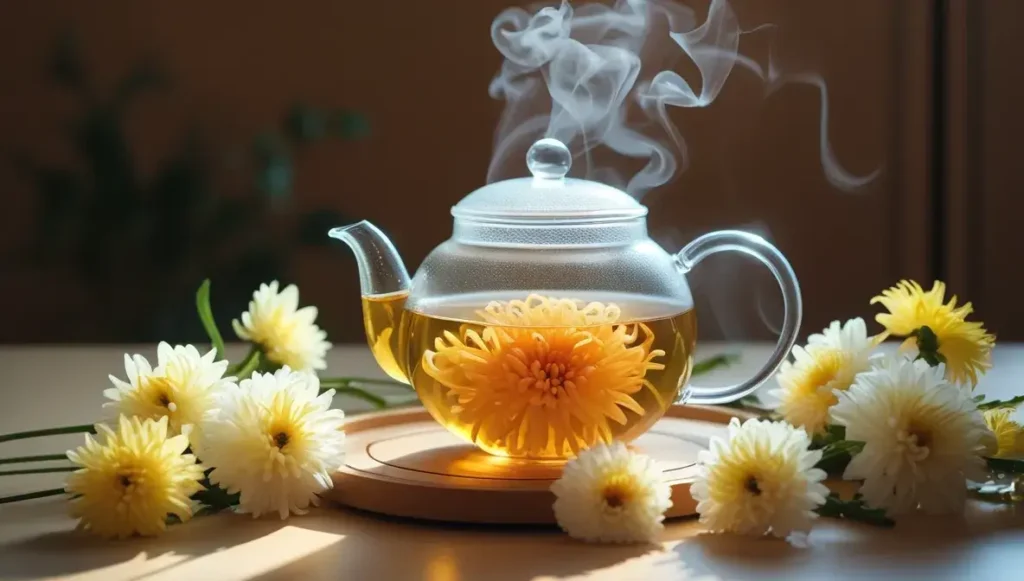
What Is Chrysanthemum Tea?
Chrysanthemum tea isn’t made from the leaves of the tea plant like black or green tea. Instead, it’s an herbal infusion created by steeping dried chrysanthemum flowers in hot water. These flowers, often called ‘mums,’ are related to sunflowers and come in a variety of bright colors. The resulting drink has a light, floral aroma and a subtly sweet taste, often compared to chamomile. It’s a popular beverage, especially in East Asian cultures, and has been for a very long time.
A Floral Infusion, Not True Tea
It’s important to know that chrysanthemum tea is technically an herbal infusion, not a
Potential Health Benefits of Chrysanthemum Tea
So, what are the actual health advantages of chrysanthemum tea? While it’s been a go-to in traditional Chinese medicine for ages, modern science is starting to catch up, and some of the health impacts of chrysanthemum tea are looking pretty promising. It’s not a magic cure-all, but drinking chrysanthemum tea for wellness might offer some nice perks.
Anti-inflammatory and Antioxidant Properties
Chrysanthemum flowers are packed with compounds that can help your body fight off damage. Think of them as little helpers against inflammation and oxidative stress. Some studies suggest that chemicals found in these flowers might help reduce inflammation in the body. This could be a big deal for overall health, and it’s one of the key chrysanthemum flower health advantages people talk about.
Support for Blood Sugar Management
There’s some early research pointing towards chrysanthemum tea potentially helping with blood sugar levels. While more studies are definitely needed, especially in humans, the idea that this floral infusion could play a role in managing blood sugar is an interesting one. It’s part of the broader picture of drinking chrysanthemum tea for wellness.
Cardiovascular Health Contributions
Did you know chrysanthemum tea might be good for your heart? It’s thought to have properties that could help manage blood pressure. Some traditional uses and even a bit of modern research suggest it can be effective in lowering blood pressure, which is a significant health advantage of mums tea. Plus, it contains minerals like potassium, which is known to be important for heart function.
Potential for Reducing Inflammation
This ties back to its antioxidant properties, but it’s worth highlighting separately. The anti-inflammatory effects are one of the most talked-about chrysanthemum tea health advantages. It’s believed that over time, and for certain individuals, chrysanthemum can help reduce internal heat and inflammation. It’s a gentle approach to wellness, and many find it a pleasant way to support their body.
It’s important to remember that while these benefits are exciting, much of the research is still in its early stages. Relying solely on chrysanthemum tea for serious health conditions isn’t recommended. It’s best viewed as a complementary part of a healthy lifestyle.
Here’s a quick look at some of the nutrients that contribute to these health advantages of chrysanthemum tea:
- Potassium: Important for heart and kidney function, may help lower blood pressure.
- Iron: Aids in oxygen transport in the blood.
- Vitamins and Antioxidants: Help combat cellular damage.
When considering the health advantages of chrysanthemum tea, it’s also wise to be aware of potential risks of chrysanthemum tea. While generally considered safe for most, some individuals might experience allergic reactions, especially if they are sensitive to plants in the daisy family. Also, increased sensitivity to sunlight has been reported, so taking precautions like using sunscreen is a good idea. If you’re on any medications, it’s always best to chat with your doctor before making chrysanthemum tea a regular part of your routine. Understanding both the drinking chrysanthemum tea benefits and potential adverse reactions to chrysanthemum tea is key to using it wisely for wellness.
👉 Enjoy superior chrysanthemum tea that brings you elite serenity 👈
Exploring the Nutritional Profile
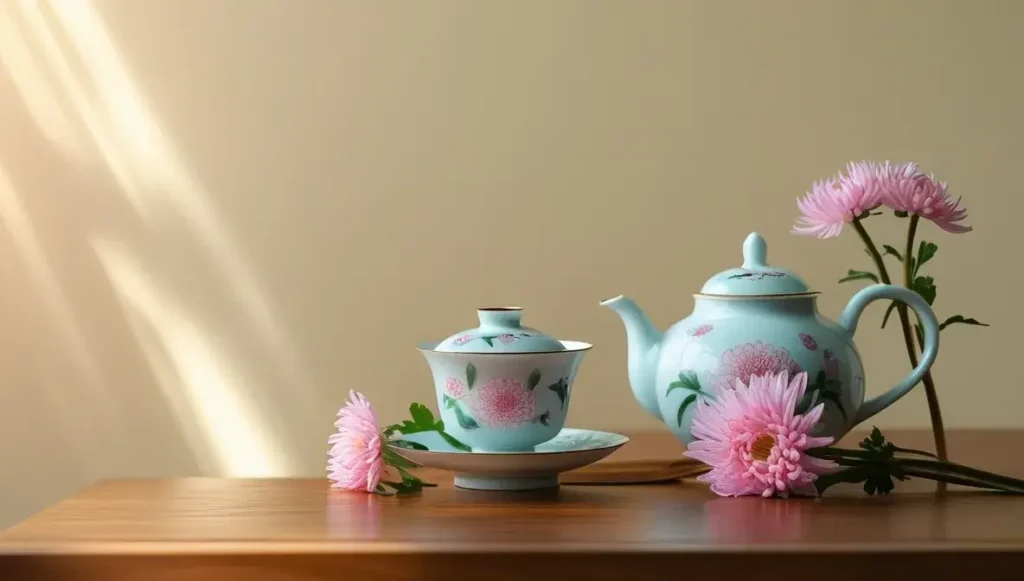
So, what exactly are you sipping on when you drink chrysanthemum tea? It’s not just pretty flowers and hot water, you know. This tea actually packs a decent nutritional punch, which is probably why it’s been around for so long.
Rich Source of Essential Minerals
Chrysanthemum tea isn’t loaded with vitamins like some other drinks, but it does offer some important minerals. Think of it as a gentle supporter rather than a powerhouse. It’s got potassium, which is pretty key for keeping your blood pressure in check and generally helping your body run smoothly. You’ll also find smaller amounts of magnesium, phosphorus, and iron in there. These minerals play roles in everything from bone health to energy production, so even a little bit is a good thing.
Vitamins and Antioxidants Present
While not a huge source, chrysanthemum tea does contain some beneficial compounds. It’s known to have antioxidants, which are those helpful little molecules that fight off damage in your body. Some studies point to flavonoids, like acacetin, being present, which are thought to have various health-promoting effects. It’s not like drinking a multivitamin, but these compounds contribute to the tea’s overall appeal.
Caffeine-Free Beverage
One of the big pluses for many people is that chrysanthemum tea is naturally caffeine-free. This means you can enjoy a warm cup any time of day or night without worrying about jitters or disrupting your sleep. It’s a great alternative if you’re trying to cut back on caffeine or just prefer a calming, herbal drink. Plus, it’s usually very low in calories and sugar, especially if you make it yourself without adding anything.
Possible Side Effects and Precautions
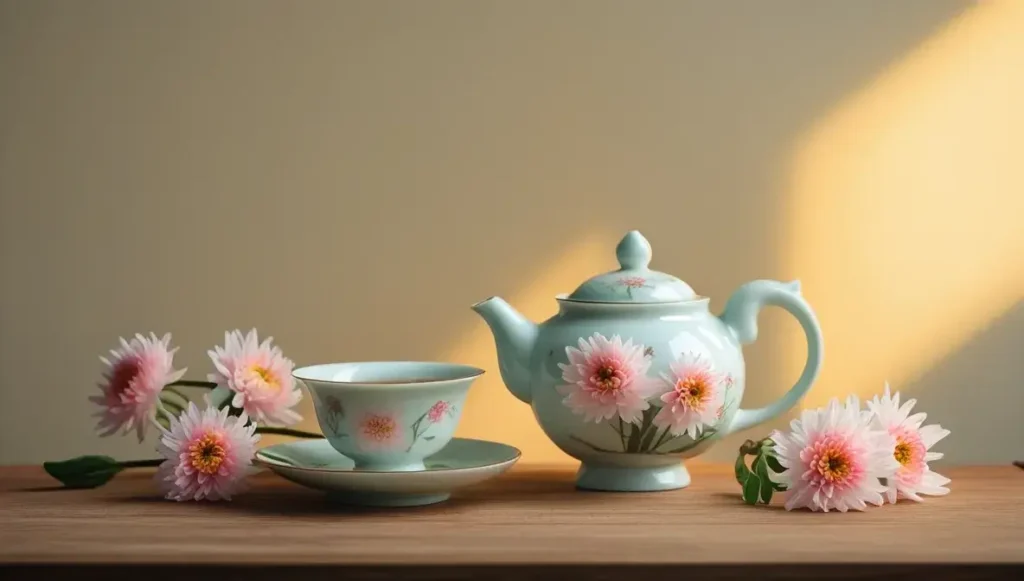
While chrysanthemum tea is generally considered safe for most people, it’s not entirely without potential downsides. It’s always a good idea to be aware of what you’re consuming.
Allergic Reactions and Skin Irritation
Some individuals might experience allergic reactions to chrysanthemums. If you have allergies to plants in the daisy family, like ragweed or marigolds, you could be more susceptible. Direct contact with the flowers, especially when preparing the tea, can sometimes lead to skin irritation, redness, or itching. This is often referred to as contact dermatitis. If you notice any skin reactions after handling or consuming chrysanthemum tea, it’s best to stop using it.
Photosensitivity and Sunburn Risk
There’s some evidence suggesting that chrysanthemum consumption might increase your sensitivity to sunlight. This means you could be more prone to sunburns. If you plan on spending a lot of time outdoors after drinking chrysanthemum tea, it might be wise to take extra precautions with sun protection.
Interactions with Medications
Chrysanthemum tea could potentially interact with certain medications. For instance, some research has pointed to possible interactions with statins, which are commonly prescribed to lower cholesterol. It’s always recommended to chat with your doctor or pharmacist before incorporating chrysanthemum tea into your routine, especially if you’re on any prescription drugs.
Long-Term Safety Concerns
While chrysanthemum tea has a long history of use in traditional medicine, there isn’t extensive scientific research on the long-term safety of regular, prolonged consumption. Most studies focus on short-term effects or specific uses. Therefore, it’s prudent to consume it in moderation and be mindful of how your body responds over time.
It’s tempting to reach for natural remedies, and chrysanthemum tea is certainly appealing. However, like any herbal product, it’s important to approach it with awareness. Understanding potential side effects and discussing them with a healthcare provider can help you make informed choices about your well-being.
👉 Relax naturally with breakthrough chrysanthemum tea for pure harmony 👈
Preparing and Consuming Chrysanthemum Tea
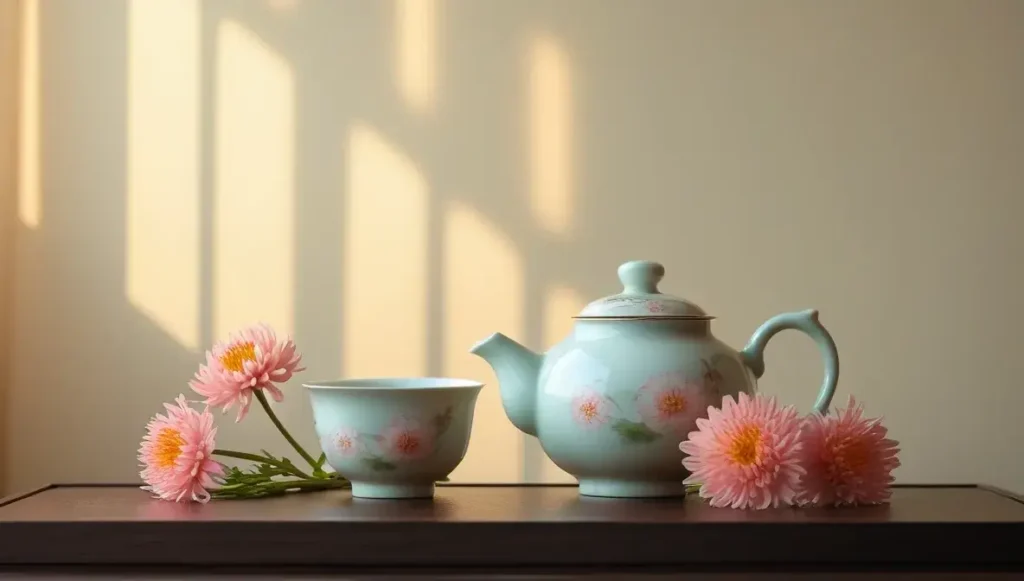
Simple Home Preparation Method
Making your own chrysanthemum tea is pretty straightforward. You’ll want to start with dried chrysanthemum flowers. You can often find these at Asian markets or health food stores. If you’re feeling ambitious, you could even dry your own flowers from the garden, just make sure they haven’t been sprayed with any chemicals.
Here’s a basic way to do it:
- Boil some water. Let it cool just a tiny bit after boiling – maybe a minute or so.
- Add the flowers. Use about 3 to 6 dried flowers per 8-ounce cup of water. You can adjust this based on how strong you like your tea.
- Steep. Let the flowers sit in the hot water for a few minutes until the tea turns a nice golden color. It usually smells pretty floral and pleasant.
That’s pretty much it! You can drink it as is, or add a little honey or sugar if you prefer a sweeter taste. It’s a really gentle drink.
Choosing Quality Dried Flowers
When you’re picking out dried chrysanthemum flowers, look for ones that are whole and have a bright, natural color. Avoid anything that looks dusty, faded, or has a musty smell. The better the quality of the flowers, the better your tea will taste and the more likely you are to get those subtle benefits. Think of it like buying good coffee beans – it makes a difference.
Sweetening and Enjoyment
Chrysanthemum tea has a naturally mild, slightly sweet, and floral flavor. Many people enjoy it just as it is, appreciating its delicate taste. However, if you have a sweet tooth, a touch of honey or a small amount of sugar can complement the floral notes nicely. Some people also like to add a slice of lemon or a bit of ginger for an extra kick. Experiment a little to find what you like best. The goal is to enjoy the experience.
Remember that while chrysanthemum tea is generally considered safe, it’s always a good idea to start with a small amount to see how your body reacts, especially if you have any known allergies or are taking medications.
When to Consult a Healthcare Professional
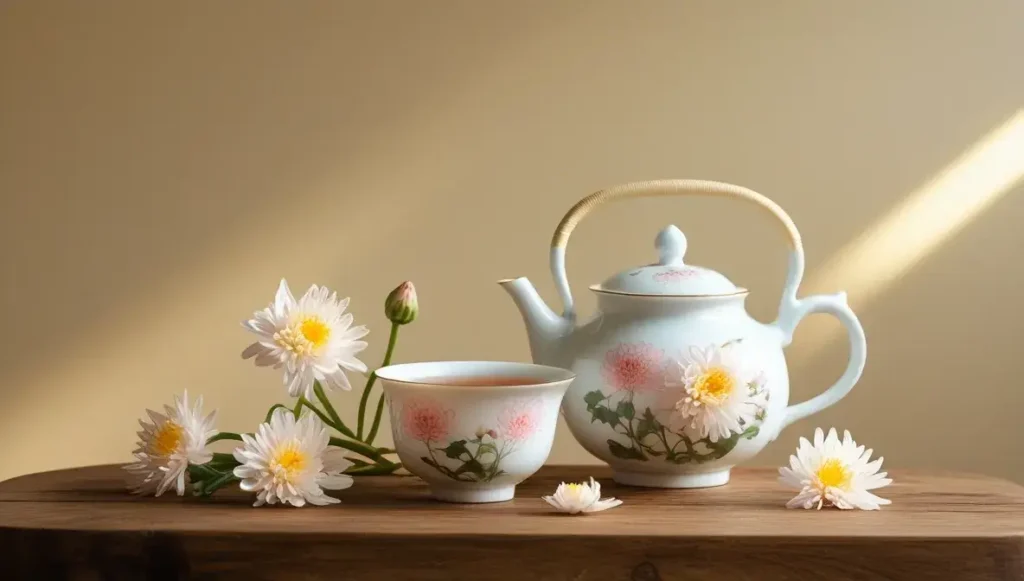
While chrysanthemum tea is generally considered safe for most people, it’s always a good idea to chat with your doctor before making it a regular part of your routine, especially if you have any health concerns or are taking medications. It’s tempting to reach for natural remedies, but sometimes they can interact with what you’re already taking or might not be the best fit for your specific situation.
Discussing Alternative Treatments
If you’re looking into chrysanthemum tea as a way to manage a health issue, it’s smart to talk it over with a healthcare provider. They can help you understand if it’s a suitable option for you and how it might fit in with other treatments you’re using. Sometimes, what seems like a simple herbal tea can have effects you might not expect.
Managing Health Conditions
People with certain health conditions, like allergies or those on immune-suppressing drugs, should be particularly cautious. If you have a known allergy to plants in the daisy family, such as ragweed, you might also react to chrysanthemums. It’s also worth noting that there isn’t a lot of long-term safety data available for chrysanthemum tea, so if you have a chronic condition, it’s best to get professional advice.
Pregnancy and Nursing Considerations
There’s not enough solid information about the safety of chrysanthemum tea for pregnant or breastfeeding individuals. Because of this uncertainty, it’s best to avoid it during these times unless your doctor specifically advises otherwise. Your health and the health of your baby are the top priorities, and it’s always better to err on the side of caution.
It’s important to remember that even natural remedies can have side effects or interact with other substances. A quick conversation with your doctor can help you make informed decisions about your health and wellness.
👉 Choose the top chrysanthemum tea for powerful inner balance 👈
Chrysanthemum Tea Benefits and Side Effects: Final Thoughts
All in all, chrysanthemum tea seems like a pretty interesting drink. It’s got a long history in traditional medicine, and some people swear by its calming effects and potential health perks, like helping with inflammation or maybe even blood sugar. Plus, it’s caffeine-free, which is a nice bonus. But, and it’s a pretty big ‘but,’ the science isn’t totally there yet to back up all the big claims. And, like with anything natural, there are potential downsides.
Some folks can get skin rashes or have allergic reactions, especially if they’re sensitive to other flowers in the daisy family. It’s also worth remembering that long-term safety isn’t fully known, and it might mess with certain medications. So, if you’re thinking about giving it a try, especially if you have any health conditions or are on meds, it’s always a good idea to chat with your doctor first. They can help you figure out if it’s a good fit for you and how to use it safely.
Frequently Asked Questions
What exactly is chrysanthemum tea?
Chrysanthemum tea isn’t made from regular tea leaves like black or green tea. Instead, it’s a special drink made by steeping dried chrysanthemum flowers in hot water. It’s like making a flower-scented water.
Are there any health benefits to drinking chrysanthemum tea?
Some people believe chrysanthemum tea can help with things like reducing swelling and acting as an antioxidant, which protects your body. It might also help with blood sugar and heart health, but more studies are needed to be sure.
Does chrysanthemum tea have caffeine?
Nope! Since it’s made from flowers and not tea leaves, chrysanthemum tea is naturally caffeine-free. You can enjoy it any time of day without worrying about staying awake.
Can drinking chrysanthemum tea cause any problems?
For some people, it might. If you’re allergic to flowers like daisies or ragweed, you could have a reaction. It might also make your skin more sensitive to the sun, leading to easier sunburns.
How do I make chrysanthemum tea at home?
It’s super simple! Just put some dried chrysanthemum flowers in a cup, pour hot water over them, and let them steep for a few minutes until the water turns a nice golden color. You can add sugar if you like it sweeter.
Should I talk to a doctor before drinking chrysanthemum tea?
It’s always a good idea, especially if you have any health conditions or are taking medications. Also, if you’re pregnant or breastfeeding, it’s best to check with your doctor first.
👉 Elevate your tea moments with the best chrysanthemum tea 👈




